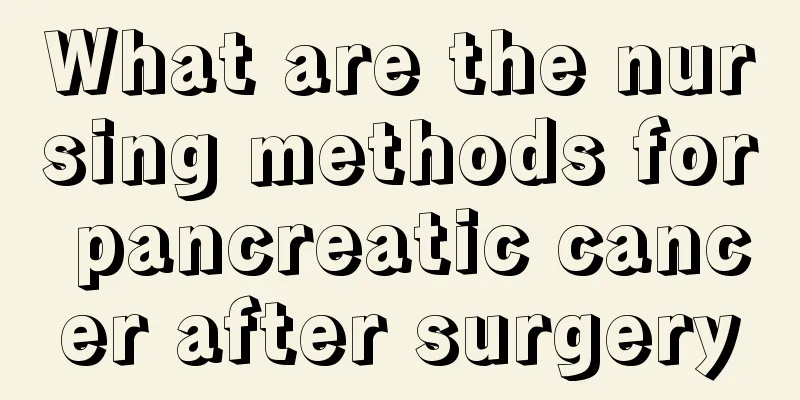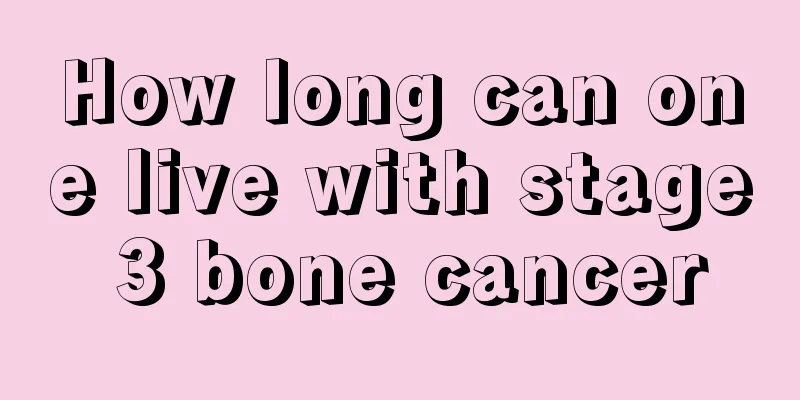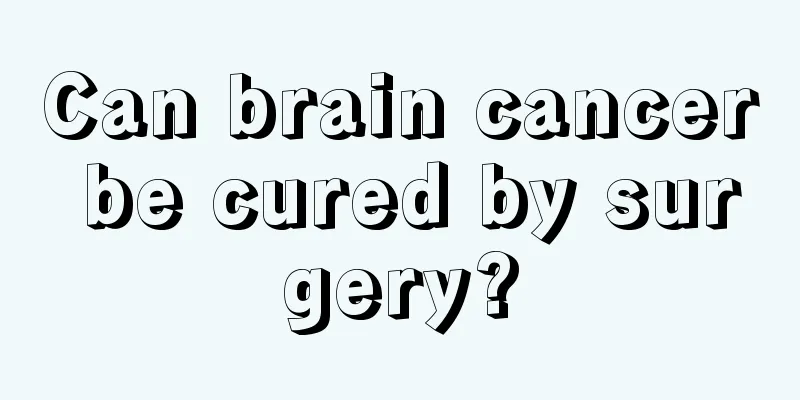Suddenly hungry, panic, and weak limbs

|
Lack of energy in the body will send out hunger signals. Since our normal diet is very regular, the phenomenon of hunger should also be regular. However, in daily life, some people may suddenly feel hungry, panic, and weak in their limbs. The most typical reason is hypoglycemia. We can understand the symptoms and judge whether it is caused by hypoglycemia based on our own situation. Hypoglycemia Clinical manifestations Hypoglycemia occurs in episodes, and the duration and frequency vary depending on the cause, and the symptoms are ever-changing. The clinical manifestations can be summarized into the following two aspects. 1. Symptoms of autonomic (sympathetic) nervous system overexcitation When hypoglycemia occurs, the sympathetic nerves and adrenal medulla release adrenaline, norepinephrine, etc., and the clinical manifestations are sweating, hunger, palpitations, tremors, pale complexion, etc. 2. Manifestations of brain dysfunction It is a series of manifestations of brain dysfunction when there is a lack of adequate glucose supply. The initial symptoms include inattention, slow thinking and speech, dizziness, drowsiness, restlessness, irritability, strange behavior, etc. In severe cases, convulsions, coma and even death may occur. treat Treatment includes two aspects: one is to relieve the symptoms of hypoglycemia, and the other is to correct the various potential causes that lead to hypoglycemia. For mild to moderate hypoglycemia, oral sugar water, sugary drinks, or eating candy, biscuits, bread, steamed buns, etc. can relieve the symptoms. For drug-induced hypoglycemia, the relevant drugs should be discontinued promptly. For severe cases and patients suspected of hypoglycemia coma, capillary blood glucose should be measured in time, or even without blood glucose results, 40-60 ml of 50% glucose should be injected intravenously in time, followed by intravenous drip of 5%-10% glucose solution. Do not feed unconscious persons to avoid respiratory suffocation. prevention Diabetic patients, especially elderly patients with cardiovascular and cerebrovascular diseases, should pay attention to preventing the occurrence of hypoglycemia. 1. Establish appropriate individualized blood sugar control goals. 2. Conduct diabetes education: including educating the patient's family, identifying hypoglycemia, understanding the pharmacokinetics of the patient's medications, self-help methods, etc. 3. Fully understand the risk factors that cause hypoglycemia: ① Eat at regular times and in regular amounts. If the amount of food consumed is reduced, the dosage of medication should be reduced accordingly; ② Additional carbohydrate intake should be increased before exercise; ③ Alcohol can directly cause hypoglycemia. Avoid excessive drinking and drinking on an empty stomach. 4. Adjust the blood sugar lowering plan: use insulin or insulin secretagogues rationally. 5. Monitor blood sugar regularly, especially when blood sugar fluctuates greatly or when environmental, exercise and other factors change. |
>>: The more I sleep, the more tired I feel and my limbs become weak
Recommend
What's the matter with the intermittent stabbing pain in my waist
If patients find themselves experiencing intermit...
Biochemical glucose is high
Glucose is an indispensable raw material in our b...
What are the symptoms of thick blood
Thick blood actually just means that our blood is...
Early symptoms of osteosarcoma
Osteosarcoma is a very common disease. Its incide...
How many days does it take to get an IV drip for pelvic inflammatory disease
Pelvic inflammatory disease is a common gynecolog...
Why do I often feel dizzy and nauseous?
In life, not everyone has a healthy and perfect b...
What is the problem with athlete's foot
Athlete's foot is what we call Hong Kong'...
What are the hazards of ascites in ovarian cancer
Women should receive treatment as soon as possibl...
Why does gas irritate my eyes?
Everyone knows how serious the harm that gas leak...
Is repeated dry cough without phlegm in the throat laryngeal cancer?
Don’t be careless when you have a sore throat, be...
What is the reason for numbness in the little finger
Although sometimes numbness in the little finger ...
What is the reason for sudden spots on the face?
If spots suddenly appear on your face, you need t...
What are the symptoms of early cardiac cancer?
Cardiac cancer is a highly harmful disease. Its o...
Extrapulmonary manifestations caused by non-lung cancer metastasis
Extrapulmonary manifestations caused by non-lung ...
The fastest way for boys to whiten their skin
The fastest way for boys to whiten their skin is ...









